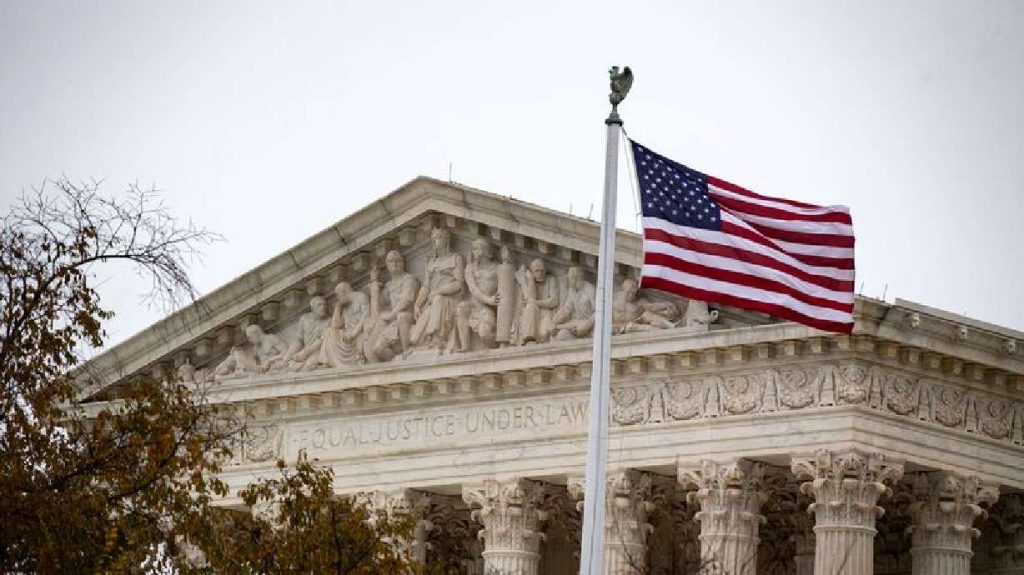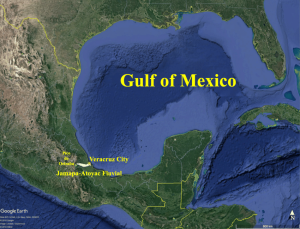Supreme Court Approves Trump-Era Migrant Deportations Under 1798 Wartime Law.
The U.S. Supreme Court has given the green light for the government to resume deporting undocumented migrants under a centuries-old wartime law, handing a temporary win to the Trump administration.
A Rare Law, Revived in 2025
In a 5-4 decision released Monday, the Court lifted a lower court's order that had stopped the deportation of dozens of Venezuelan migrants.
The ruling allows the federal government to continue removing migrants under the Alien Enemies Act, a law from 1798 that was originally designed for use during declared wars.
While the justices sided with the government on technical grounds, they also made it clear that individuals facing deportation under the act must be given a chance to challenge it in court.
Trump's Use of the Law Sparks Controversy
Donald Trump cited the Alien Enemies Act last month to justify rounding up suspected gang members from Venezuela. The administration claimed these individuals were linked to Tren de Aragua, a violent criminal group with roots in South America.
Videos released by federal authorities showed migrants in chains, their heads shaved, being transported to a maximum-security prison in El Salvador. The images were meant to send a message: the administration was serious about enforcing immigration laws.
Trump celebrated the ruling on Truth Social, writing:
"The Supreme Court has upheld the Rule of Law… A GREAT DAY FOR JUSTICE IN AMERICA!"
Legal Roadblocks – and What Comes Next
The ruling came after District Judge James Boasberg temporarily blocked the deportations in March. His order stopped further flights after several migrants had already been sent out of the country.
One key issue was where the case should be heard. The migrants involved were detained in Texas, but their attorneys had filed the lawsuit in Washington, D.C.
The Supreme Court decided the restraining order couldn’t stand due to that jurisdiction mismatch.
Still, the justices were clear: just because the Alien Enemies Act is being used doesn't mean migrants lose their rights.
"Those subject to removal under the AEA must be notified and given a chance to contest it," the Court wrote.
Lawyers Say Innocent People Were Deported
Attorneys for some of the deported migrants say the government got it wrong. They argue their clients had no ties to gangs, had not committed any crimes, and were targeted largely because of their tattoos or appearance.
Critics are warning that this kind of enforcement, based on a law from more than 200 years ago, could lead to mistakes—or worse, abuse of power.
What Is the Alien Enemies Act?
The Alien Enemies Act of 1798 is a rarely used U.S. law that allows the government to detain or deport non-citizens from countries the United States is at war with. Originally passed as part of the controversial Alien and Sedition Acts, it remains the only one of those laws still in effect today.
The law grants the president broad authority to act against nationals of enemy states during wartime, even without criminal charges. Historically, it was used during the War of 1812, World War I, and World War II to target citizens of Britain, Germany, Japan, and Italy who were living in the U.S.
In modern times, its use has become highly controversial, especially as it's now being invoked outside of a formally declared war.
Critics argue this stretches the law’s original intent and raises serious concerns about due process and civil liberties, particularly when it's used to justify immigration enforcement based on perceived threats rather than wartime status.
More Articles from Lawyer Monthly





















